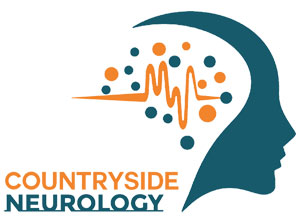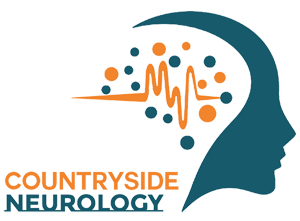Humans are inherently social beings, and our connections with others play a vital role in our overall well-being. But did you know that social connections also have a profound impact on brain health? In this article, we will explore the fascinating relationship between social connections and brain health, highlighting the neurological benefits of maintaining meaningful relationships and offering tips for fostering social connections.
- The Brain’s Social Wiring: The human brain is wired to thrive in social environments. Our brains have specialized areas dedicated to processing social interactions, emotions, and empathy. When we engage in social connections, these brain regions are activated, leading to the release of feel-good neurotransmitters like oxytocin and dopamine, which contribute to positive emotions and well-being.
- Reducing the Risk of Cognitive Decline: Research suggests that maintaining strong social connections can help protect against cognitive decline and reduce the risk of conditions like dementia and Alzheimer’s disease. Social engagement stimulates cognitive processes, including memory, attention, and problem-solving, which can help keep the brain active and resilient.
- Emotional Support and Stress Reduction: Strong social connections provide emotional support during challenging times, which has a direct impact on brain health. Supportive relationships can buffer the effects of stress by reducing the release of stress hormones and promoting a sense of security and comfort. This, in turn, contributes to improved mental well-being and a healthier brain.
- Cognitive Stimulation and Intellectual Engagement: Engaging in meaningful conversations, discussions, and shared activities with others provides cognitive stimulation and intellectual engagement. These interactions challenge the brain, promoting the formation of new neural connections and enhancing cognitive abilities. Being exposed to diverse perspectives and ideas through social connections can also broaden our thinking and foster creativity.
- Social Isolation and Brain Health Risks: On the flip side, social isolation and loneliness can have detrimental effects on brain health. Prolonged isolation can lead to increased risk of depression, anxiety, cognitive decline, and even higher mortality rates. It’s important to be aware of the impact of social isolation and take proactive steps to nurture relationships and build a support network.
- Tips for Fostering Social Connections:
- Cultivate existing relationships: Prioritize spending quality time with family, friends, and loved ones. Schedule regular catch-ups, plan activities together, and maintain open lines of communication.
- Join community or interest-based groups: Engage in community activities, join clubs, or pursue hobbies and interests that allow for social interaction and the chance to meet new people.
- Volunteer or contribute to your community: Participating in volunteer work or community initiatives not only helps others but also facilitates connections with like-minded individuals who share common values and goals.
- Embrace technology for social connectivity: Use social media platforms, video calls, and online communities to stay connected with friends and family, especially if distance or circumstances limit in-person interactions.
- Seek out support networks: If you’re going through a challenging time or facing specific health concerns, seek out support groups or organizations that provide a safe space for sharing experiences and connecting with others facing similar situations.
Nurturing social connections is not only essential for our emotional well-being but also plays a significant role in brain health. Engaging in meaningful relationships, maintaining social interactions, and seeking support when needed can have a profound impact on cognitive function, emotional resilience, and overall quality of life. Prioritize building and maintaining social connections to promote a healthy brain and a fulfilling life journey. Remember, strong relationships are truly nourishment for the mind.
If you or a loved one are concerned about your neurological health, please do not hesitate to contact Countryside Neurology at 727-712-1567 to schedule an appointment.
Sources:
ChatGPT





